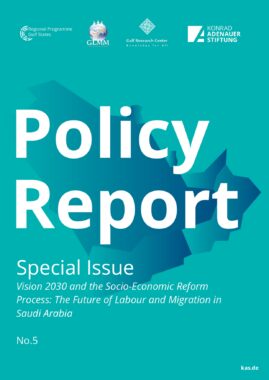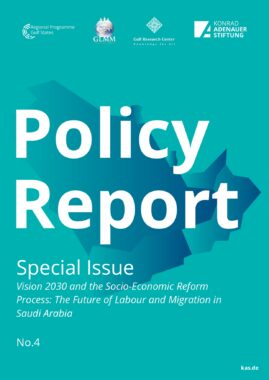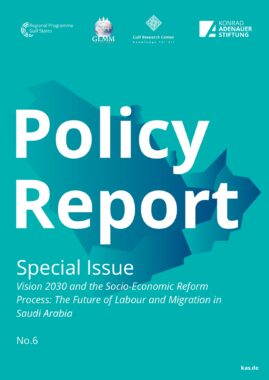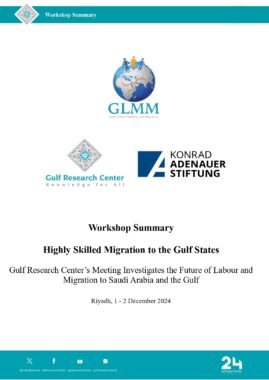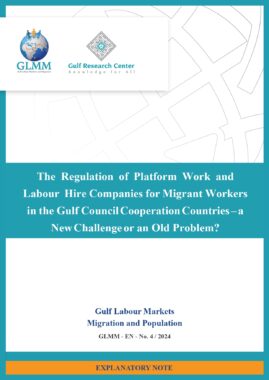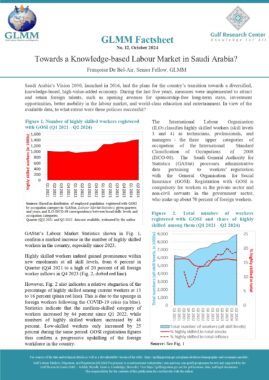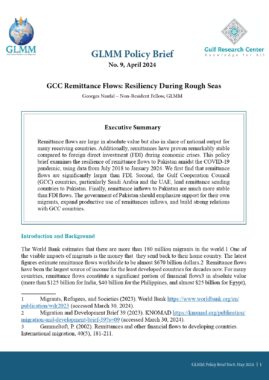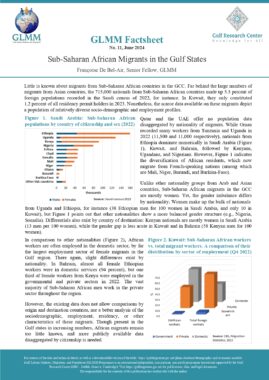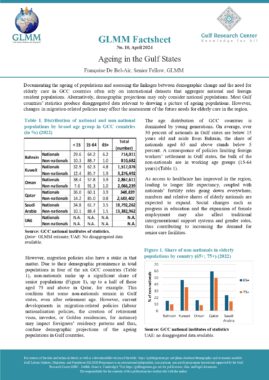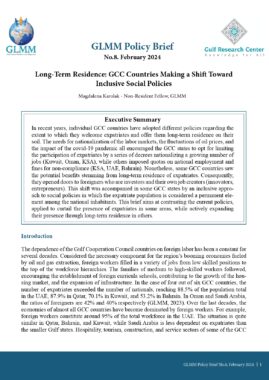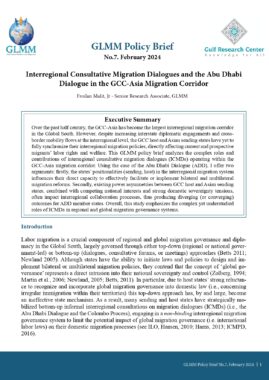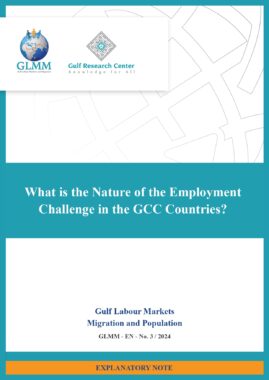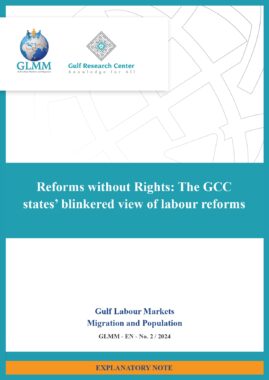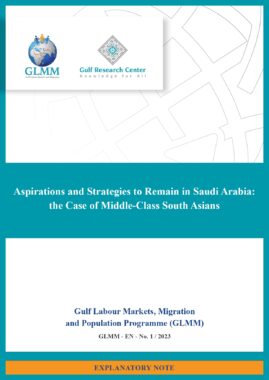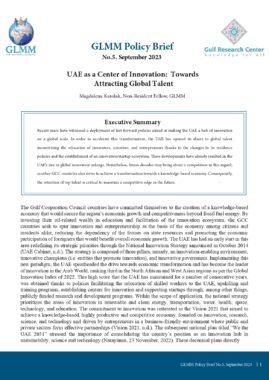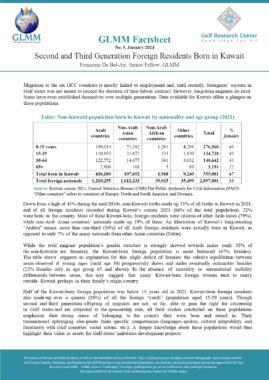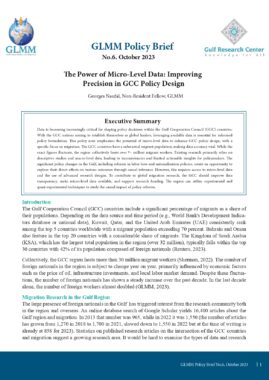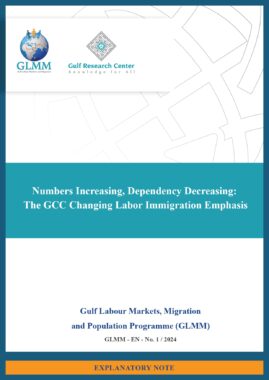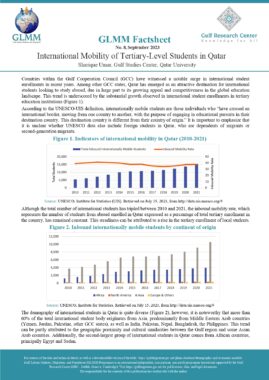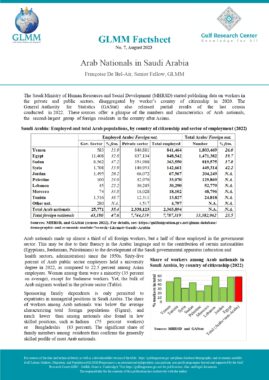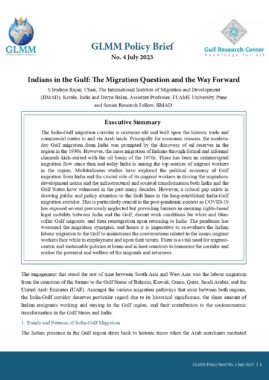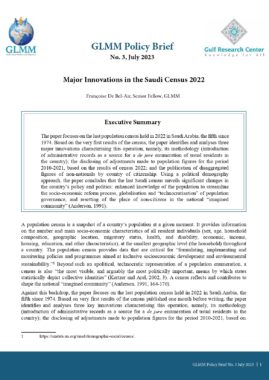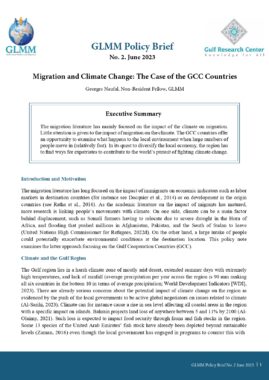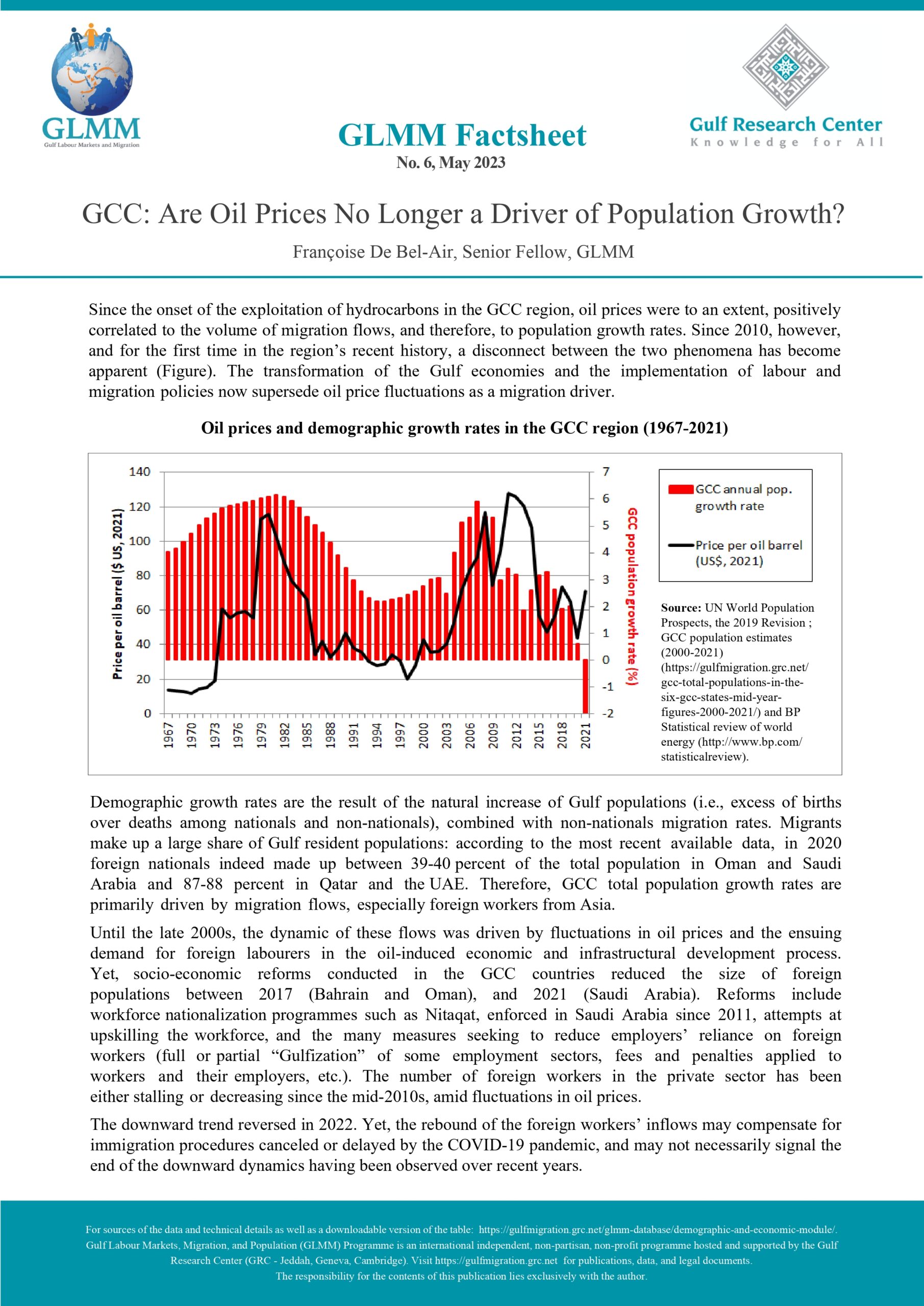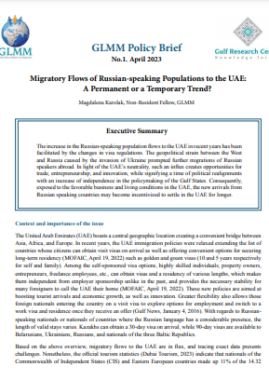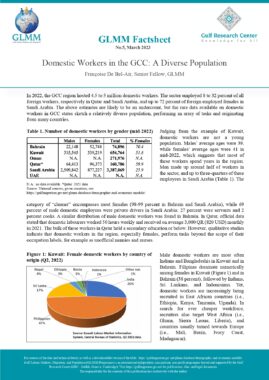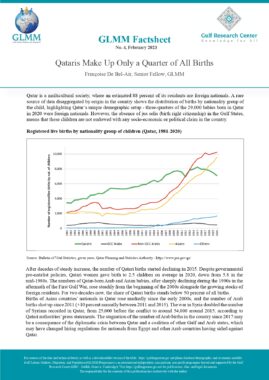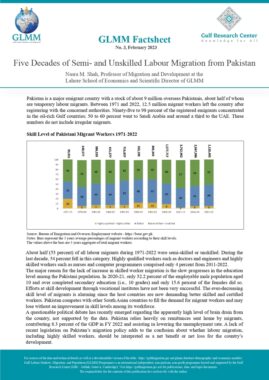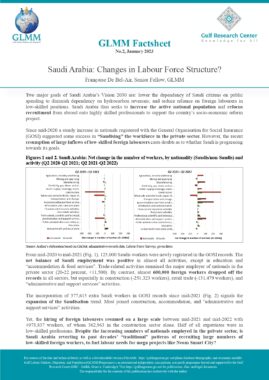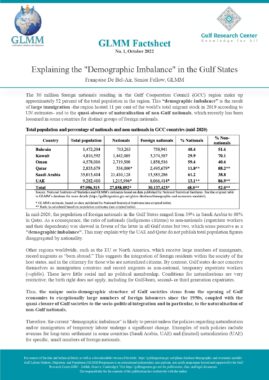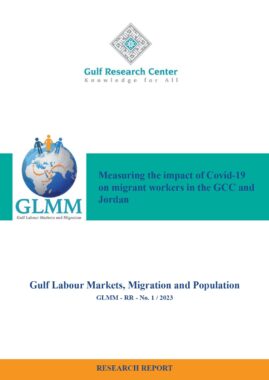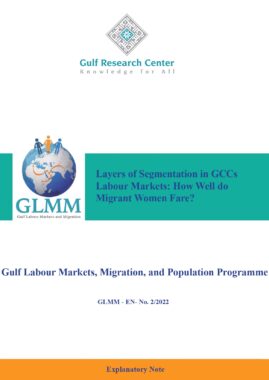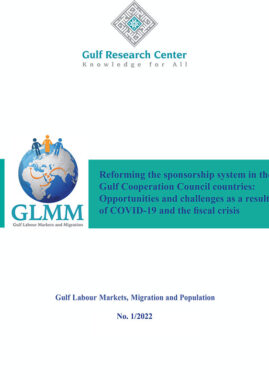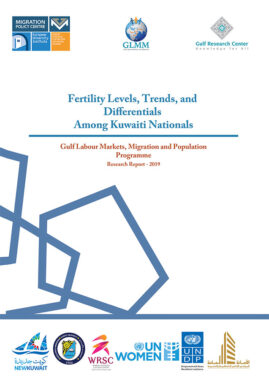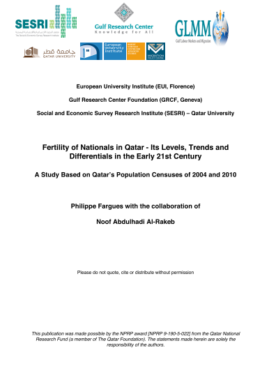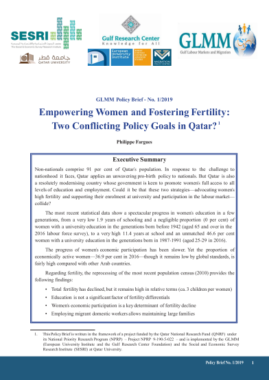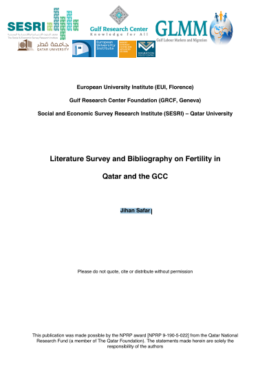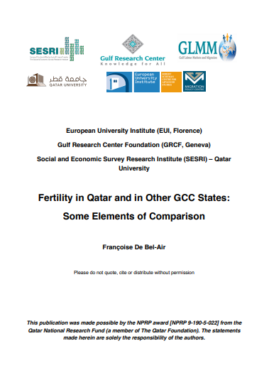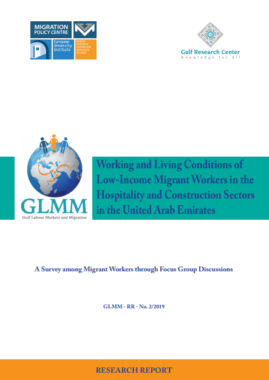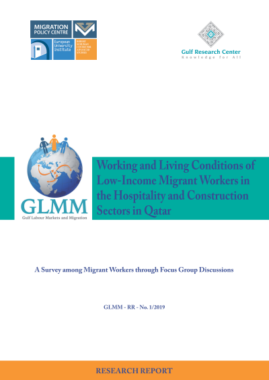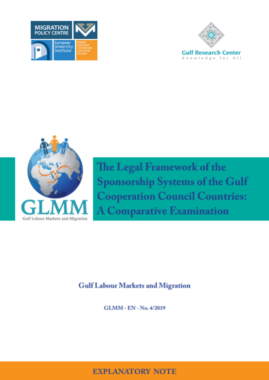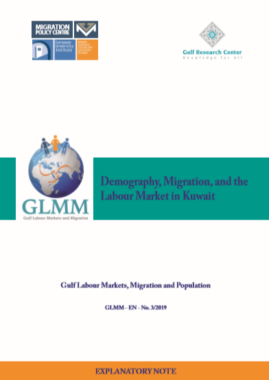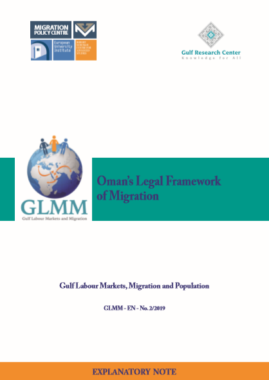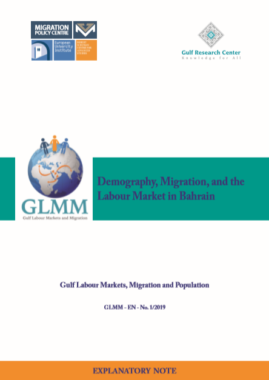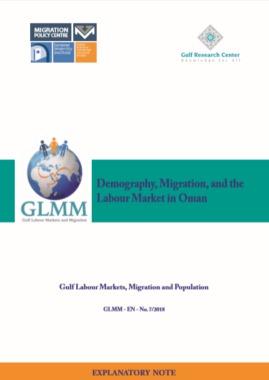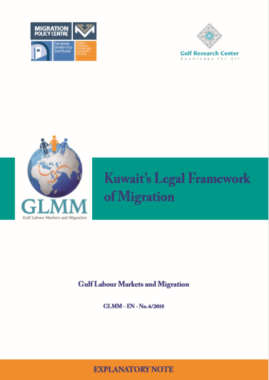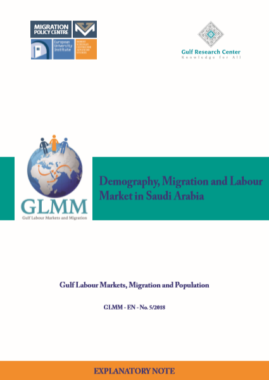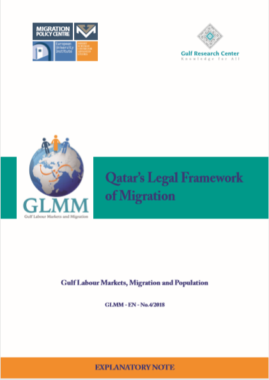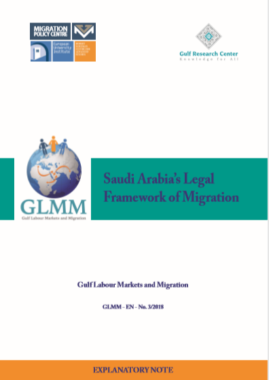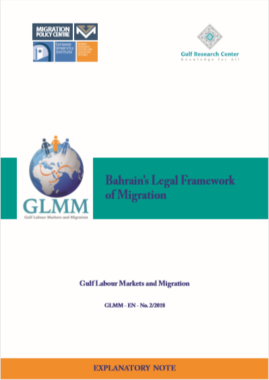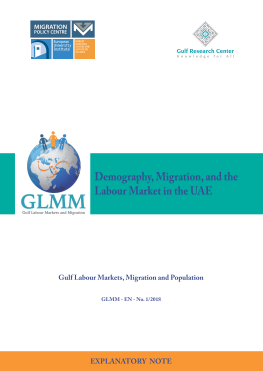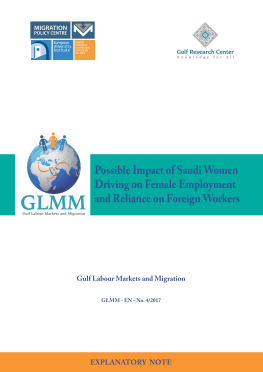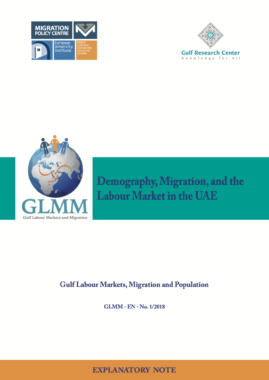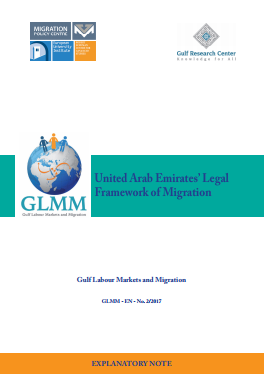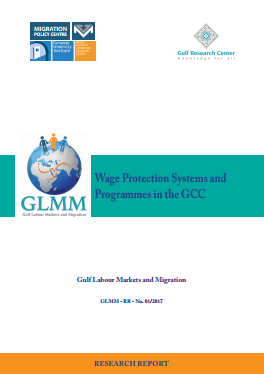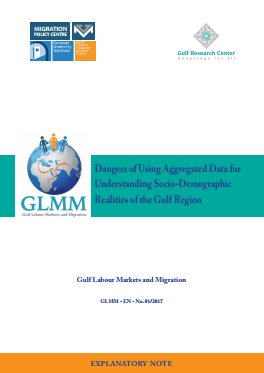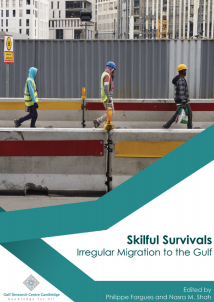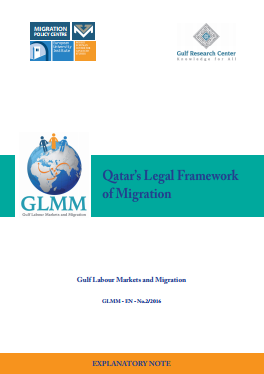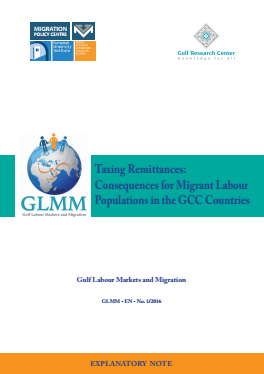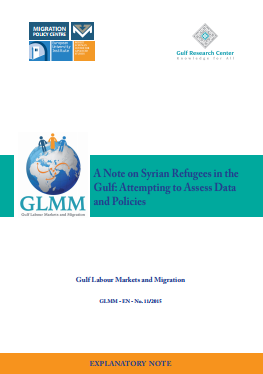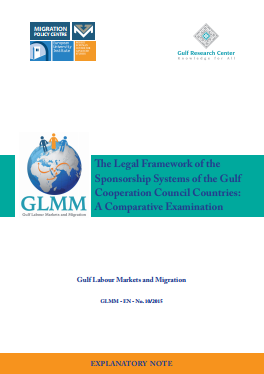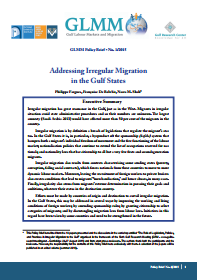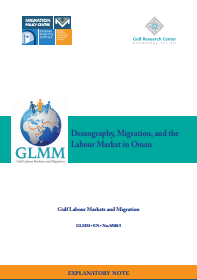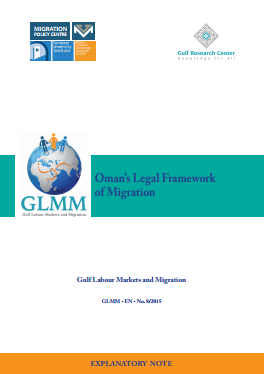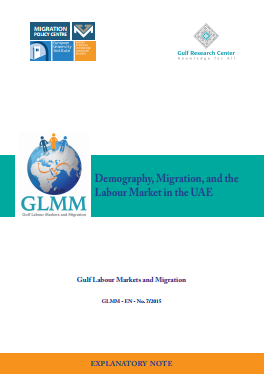Saudi Arabia: Changes of profession in private sector’s companies agreed upon by MoL’s labour offices, by occupation category (2009-2013)
| Occupation group | Changes of profession |
| Managers and Business Managers | 34,227 |
| Specialists in Scientific, Technical and Humanities Fields | 260,470 |
| Technicians in Scientific, Technical and Humanities Fields | 269,076 |
| Clerical Workers | 52,878 |
| Sales Persons | 306,020 |
| Service Persons | 690,074 |
| Agriculture, Animal Husbandry and Fishing | 32,634 |
| Industrial, Chemical and Food Industries | 88,660 |
| Engineering Support | 940,821 |
| Armed forces | 1,892 |
| TOTAL | 2,676,752 |
Source: Ministry of Labour
1. Definition
To the exception of certain categories of investors, all foreign residents in Saudi Arabia are under the responsibility of a local “sponsor”, usually the employer.
The sponsor receives the agreement to bring a foreign employee upon certification that he / she will employ the labourer in a specific profession. The “Iqama” (residency card”) mentions the profession of the worker, which also conditions certain rights (family reunion for instance).
The Saudi Labour Law has provisions allowing the worker to change profession/ sponsor. However, the procedure was conditionned to obtaining a Non-Objection Certificate from the first sponsor.
Since the onset of the Nitaqat (“ranges”, “zones”) campaign of Saudisation of the work force in September 2011, which classifies private sector companies by “range” based on the
Saudisation performance, changes of profession/ sponsor have been made easier for the workers in companies displaying the highest saudisation performance’ categories (“Green” and “Premium” or “Excellent”).
Those in companies with poorest rates of Saudisation (classified in “red” and “yellow” categories) cannot change profession.
2013′ figure is notably higher than previous ones as a result of the “correction campaign” or amnesty period run by the government from April 3 to November 3, 2013.
Ahead of a crackdown on irregular workers/ sojourners planned for November 4, 2013, the amnesty was meant to allow workers to sort out their administrative situation:
renew expired documents; register their current employer as their sponsor; register changes in profession and in activity sector, etc., or leave without paying a penalty.
2. Institution which provides data
Ministry of Labour
3. Data availability
The figures are published in the Ministry of Labour’s 2013 Statistical Yearbook (in Arabic).
http://portal.mol.gov.sa/ar/Statistics/Documents/%D8%A7%D9%84%D9%83%D8%AA%D8%A7%D8%A8%20%D8%A7%D9%84%D8%A7%D8%AD%D8%B5%D8%A7%D8%A6%D9%8A%202013.pdf
Last date of access: 15 December 2014.
Similar Posts:
- Saudi Arabia: Changes of profession in private sector’s companies agreed upon by MoL’s labour offices (2009-2013)
- Saudi Arabia: Transfers of services (changes of sponsor) in private sector’s companies agreed upon by MoL’s labour offices (2009-2013)
- Saudi Arabia: Applications to and approvals of changes of profession by MoL’s labour offices, by administrative region (2014)
- Saudi Arabia: Transfers of services (changes of sponsor) in private sector’s companies agreed upon by MoL’s labour offices, by economic activity sector of employee (2013)
- Saudi Arabia: Transfers of services (changes of sponsor) in private sector’s companies agreed upon by Ministry of Labour’s labour offices, by occupation category of employee (2013)
Tags: Amnesty, Entry & Exit Conditions, Foreign Labour, Irregular Migration, Saudi Arabia
